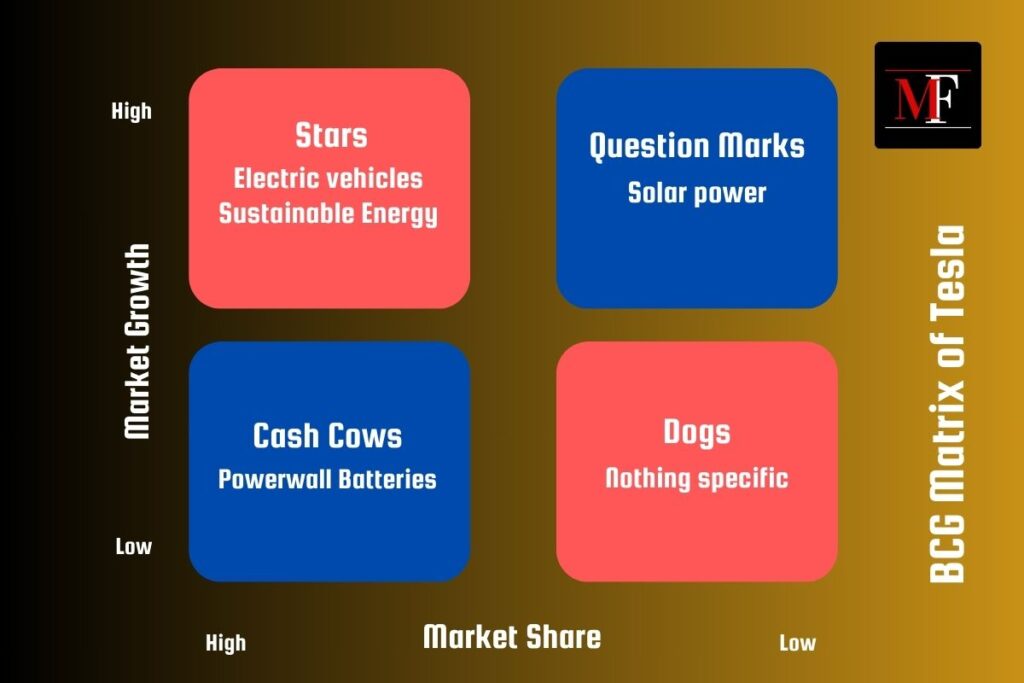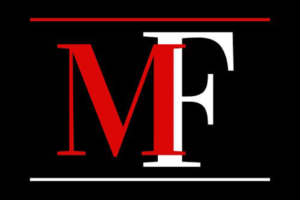A regular analysis of a company’s product lineup is essential for creating effective sales and marketing strategies that keep the brand relevant to its target market. There are many ways to do this, but many businesses prefer the BCG matrix because it is simple and precise.
The BCG matrix is a tool for business planning that was developed over 50 years ago by the Boston Consulting Group. It helps assess a company’s current position in a market by categorizing its product lines based on their market share and growth rate.
Today, we are going to do an analysis of one of most famous companies, Tesla. Let’s start with its brief history.
Brief History of Tesla
Tesla, an American company, is currently the leading global producer of electric cars and solar panels. It was founded in 2003 by Marc Tarpenning and Martin Eberhard, and it’s named after the famous inventor Nikola Tesla. Elon Musk, who co-founded PayPal, became a major investor and took over as CEO in 2008, helping guide Tesla to its current success.
Tesla gained widespread recognition in 2012 with the launch of the Model S, which experts called the best car ever tested. The Model S sold 2,500 units in just one month, marking a major success for the company.
Tesla BCG Matrix Analysis

While Tesla is mostly known for its electric vehicles, their BCG matrix shows that they have other important products and services as well.
Stars
Tesla’s electric cars and their ongoing innovations are key stars in their BCG matrix. Another standout is their sustainable energy services, where Tesla excels as a leading player.
Question Marks
Tesla is trying to make a mark in the solar power market but is facing strong competition. These products are still uncertain and could become successful with more investment.
Cash Cows
Cash cows are the products that bring in steady revenue even when the market is not growing fast. For Tesla, the Powerwall battery is a cash cow, generating reliable profits despite external challenges.
Dogs
Tesla does not have any clear “dogs” in its product lineup, as most products perform well. However, some models might have manufacturing issues and could be considered for discontinuation.
Summing it up
Tesla, founded in 2003 and named after inventor Nikola Tesla, leads in electric cars and solar panels. Elon Musk became CEO in 2008 and boosted the company’s success, especially with the popular Model S in 2012.
The BCG matrix shows Tesla’s electric cars and sustainable energy services as strong performers, while their solar power market efforts face tough competition. The Powerwall battery provides steady revenue, and although there are no clear failures, some models might face production issues.
